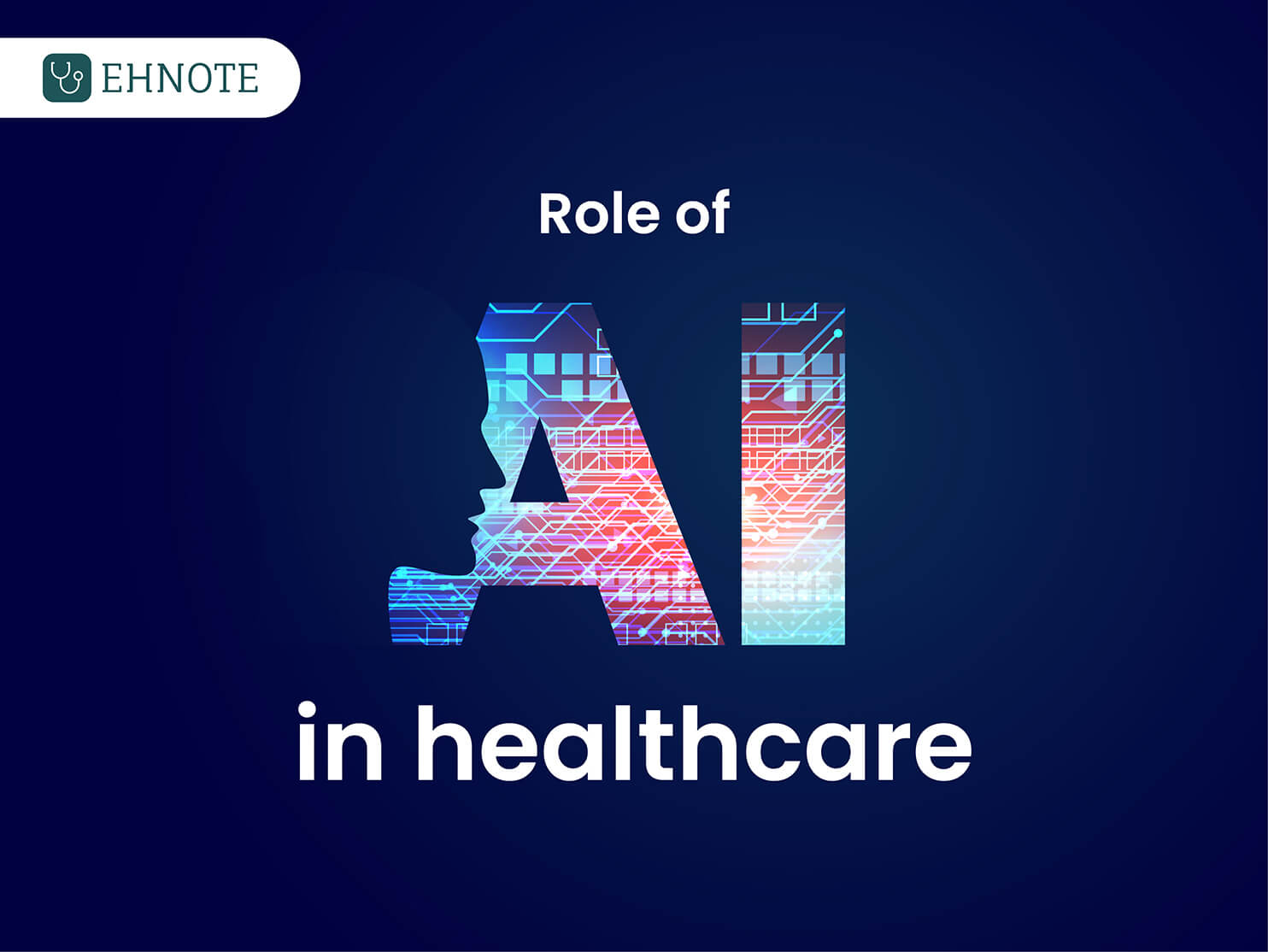What will be the role of Artificial Intelligence in the field of healthcare?

Artificial Intelligence in the field of healthcare dates back to 1960s and 1970s when the first problem solving program known as Dendral was designed for application in organic chemistry.
It laid the foundation for a subsequent system known as MYCIN considered being one of the most significant early uses of artificial intelligence in medicine. Over these years, Artificial Intelligence has made remarkable inroads into the healthcare sector.
According to a 2016 report from CB Insights about 86% of healthcare firms, life science companies, and technology vendors to healthcare are using artificial intelligence technology. It is expected that by the end of 2020, these organizations would spend an average of about $54 million on artificial intelligence projects.
A recent McKinsey survey predicted healthcare as one of the top 5 industries with more than 50 use cases involving AI with over $1 billion USD already raised in startup equity.
The major role of Artificial Intelligence in healthcare – Outlook
Even though, Artificial Intelligence has already established itself in the healthcare but healthcare professionals have only scratched the surface and there is still a long way to go to derive maximum benefits from still evolving AI. Rather than robotics, AI in the healthcare usually refers to doctors and hospitals accessing vast volumes of data sets of potentially lifesaving information. The major areas covered by artificial intelligence in health include-
- Treatment methods and their outcomes
- Survival rates
- Speed of care gathered across millions of patients
- Geographical locations
With the new computing power in place, AI can detect and analyze large and small trends from the data and even make predictions through machine learning that is designed to identify potential health outcomes. The areas in healthcare sector where AI is emerging as a game changer include-
-
Drug Discovery
Artificial Intelligence solutions are being developed to identify new potential therapies from vast databases of information on existing medicines that could be redesigned to target critical threat such as the Corona/Ebola Virus. AI solutions could improve the efficiency and success rate of drug development thereby accelerating the process to bring new drugs to market in response to deadly disease threats.
-
Radiology
Radiology is a prominent healthcare arena where AI solutions are being developed to automate image analysis and diagnosis. With fully automated solutions using artificial intelligence has improved tumor detection on MRIs and CTs resulting in new opportunities for disease prevention such as cancer.
-
Treatment
Beyond scanning health records such as EHNOTE help providers in identifying chronically ill patients who may be at the risk of an adverse episode. AI is helping clinicians in taking a more comprehensive approach for disease management, better coordinate care plans and helping patients to better manage and comply with their long-term treatment programs. The use of robots in tandem with AI is being utilized in medicine for over three decades and they range from simple laboratory robots to highly complex surgical robots that can either aid a human surgeon or execute operations themselves.
Finally, it can be concluded that the role played by AI in healthcare over the next few decades consists of hybrid models, where clinicians are supported by AI in diagnosis, treatment, planning, and in identifying risk factors while they retaining ultimate responsibility for the patient care.
